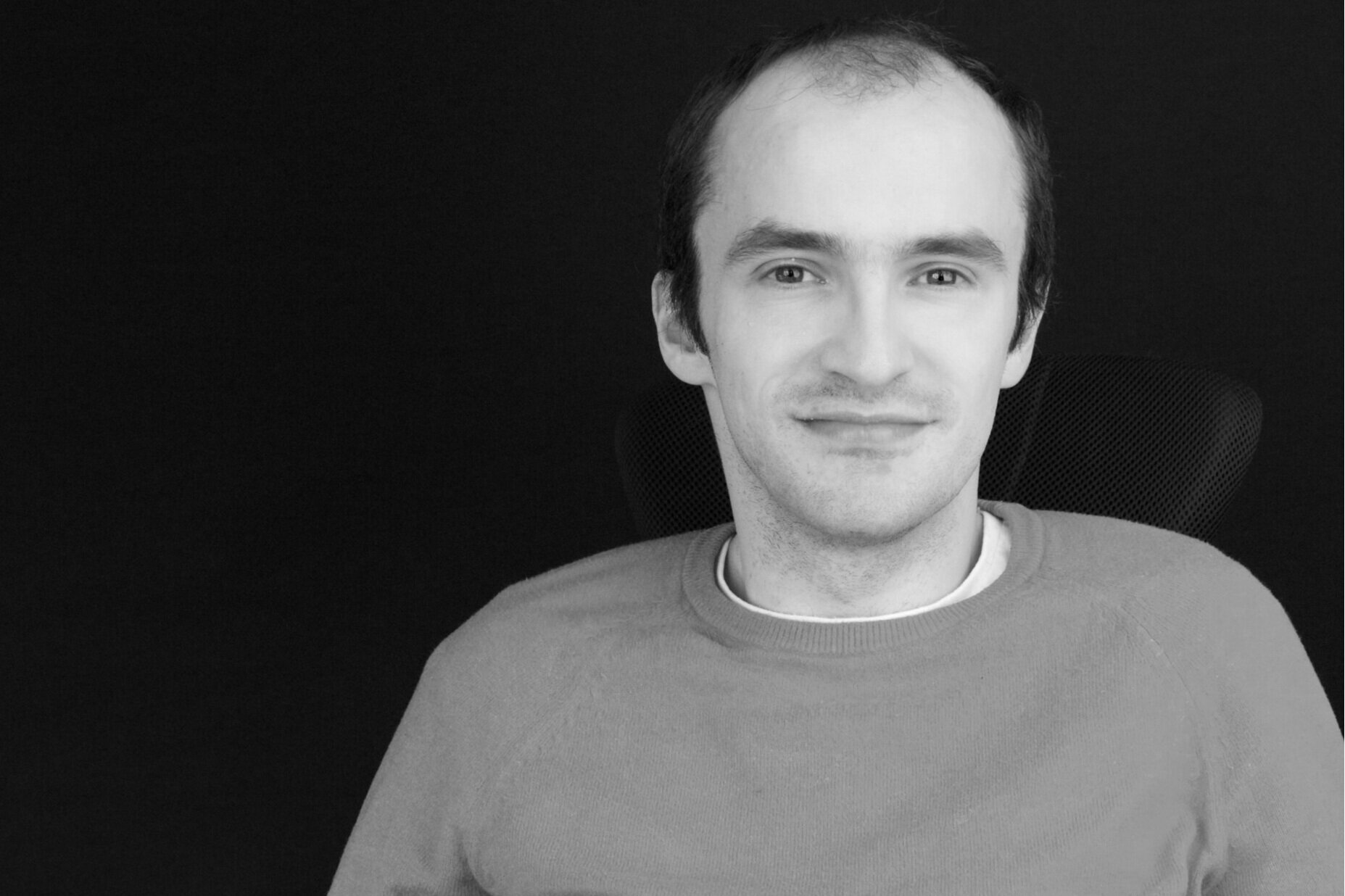Talking about disability in the workplace with Josh Hepple
Josh's own impairment and his extensive legal training give him a unique insight into both the individual experiences and the wider social status of disabled people, which he shares with us in his blog.
Josh Hepple, legal expert and disability awareness trainer
I have had the privilege of delivering disability equality training for over a decade to many different organisations. All disability equality training is based on the social model of disability but there is always scope for the trainer to bring themselves into the room - you have to define as disabled to deliver this training.
The social model suggests that people are disabled by their environments, rather than their bodies. We acknowledge that many different people have medical impairments yet we argue that if society responded to our impairments better, we would be less segregated and therefore less disabled.
An obvious barrier would be the lack of physical access for those with physical impairments. A ramp or lift could enable someone with cerebral palsy, for example, to access the first floor whereas that person would be disabled from getting upstairs otherwise. This is why disability equality trainers always say ‘disabled people’ rather than ‘people with disabilities’ because it is fundamental to acknowledge that disability has been placed on us rather than being universal and inherent to our impairments. Another example could be that a bureaucratic form has to be completed in a very standardized version, which would make it difficult for people with physical impairments to sign or people with visual impairments to read. Small changes can have big results.
My training has a particular focus on language and communication. I have quite a severe speech impairment which can be understood after a few attempts. I always believe that the social anxiety and hesitation to ask me to repeat myself, or just to admit that you cannot understand me the first time is a much bigger barrier that the processing of my speech.
I really enjoy working with people who interact with the public on a daily basis. Many of my clients have been based in the Edinburgh Festival Fringe and I love talking about how to support disabled audience members. I can see a real tangible change in the way that disabled people would often return to those venues knowing that they would be treated with dignity and respect.
It’s really nice for me to hear from different venues a few months later when someone who I had previously trained tells their colleagues or managers at a new theatre that they should ask me to come along. It means a lot to know that the values that I have taught have stayed in their mind for many months after the event.
Those venues that hire me already have pretty good ethos around disabled customers, and I really enjoy working with people who already trying their best to support disabled people.
It’s really important to talk around the social model and see participants interact with me directly, as I have a speech impairment. Learning that it is ok to tell someone that you can’t understand them immediately is a really powerful skill that can help with so many interactions in and out of the workplace.
However, this only makes up 70% of my sessions and it’s really interesting to see where the group naturally takes the conversation. I have 10 years’ experience in equality law and 29 years’ experience as a disabled man and I always bring as much of that as necessary into the room. I also volunteer in mental health and have undertaken very thorough training on listening skills and try to bring those into the room as much as I can as I know that they are fundamental to all types of interactions.
In collaboration with CF, Josh Hepple will be running two workshops around ‘Disability in a workplace’ on 3rd February 2021, at 12pm or 6pm, which are open to the public. You can find out more by heading to Eventbrite.
You can get in touch with Josh at josh.hepple@gmail.com, or find out more about his work at joshhepple.com.


